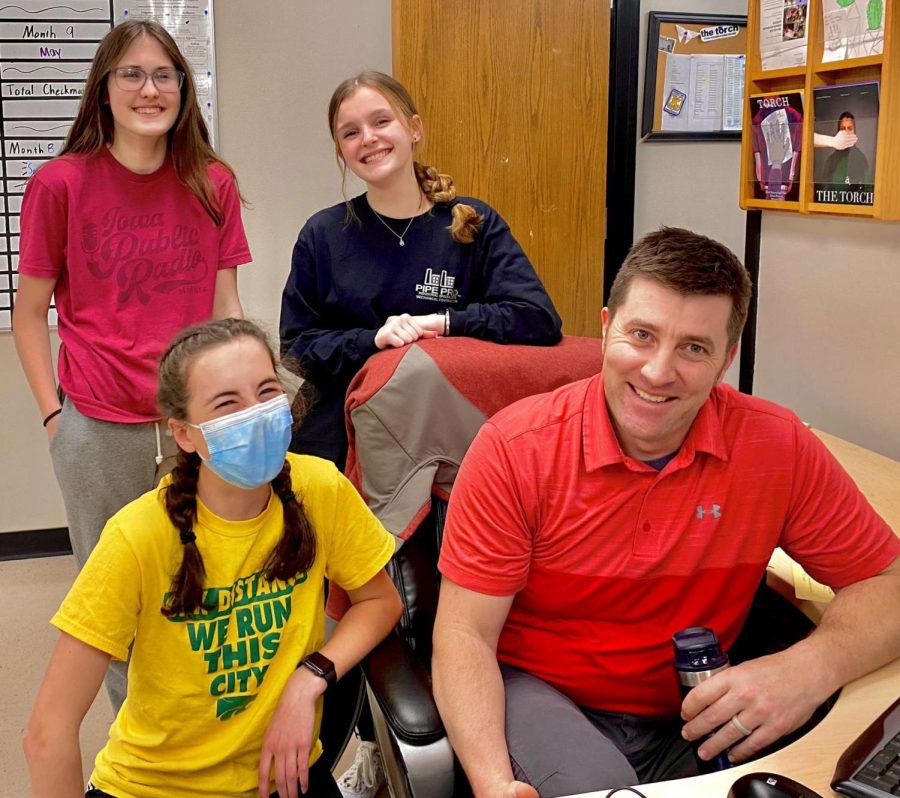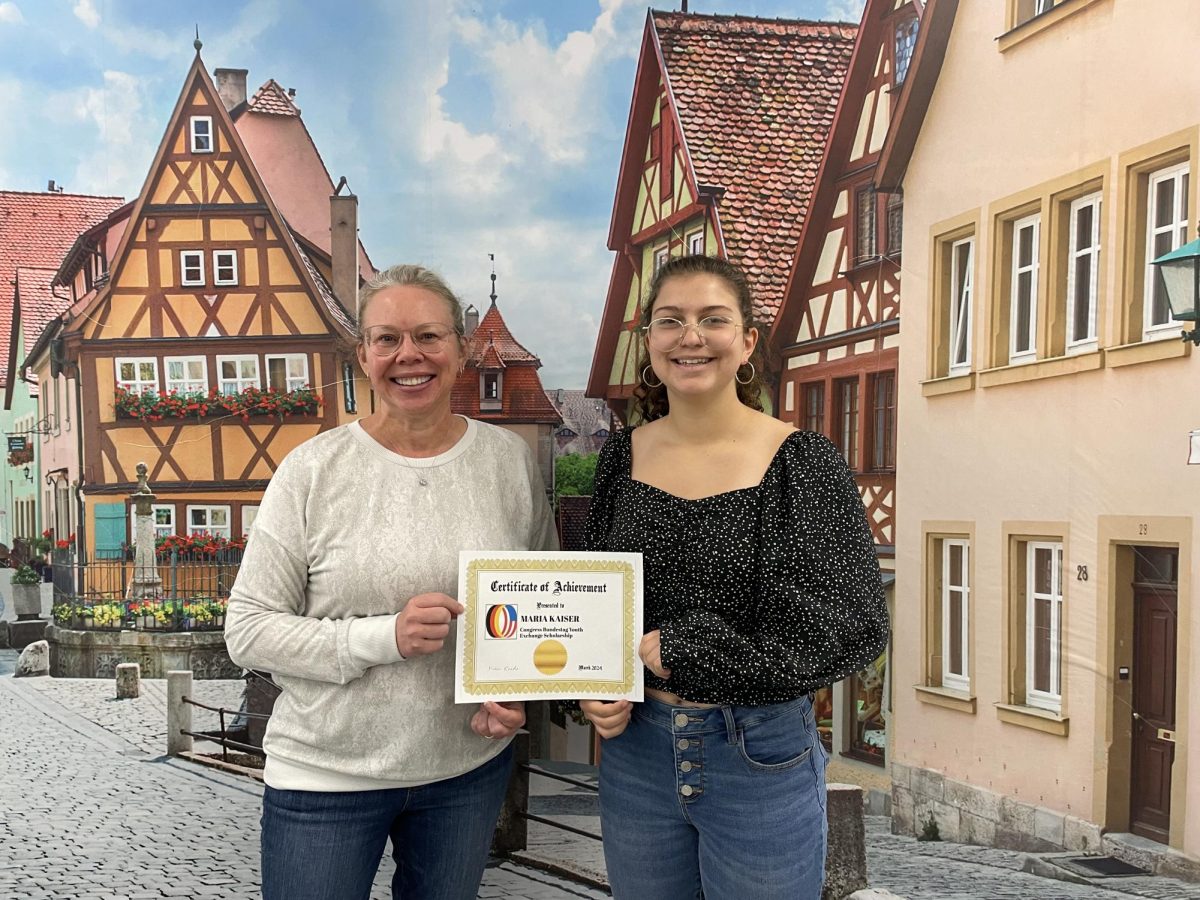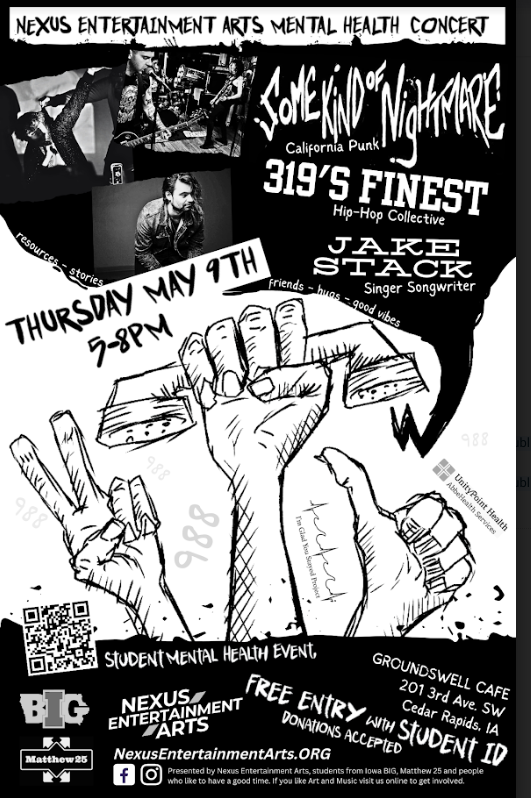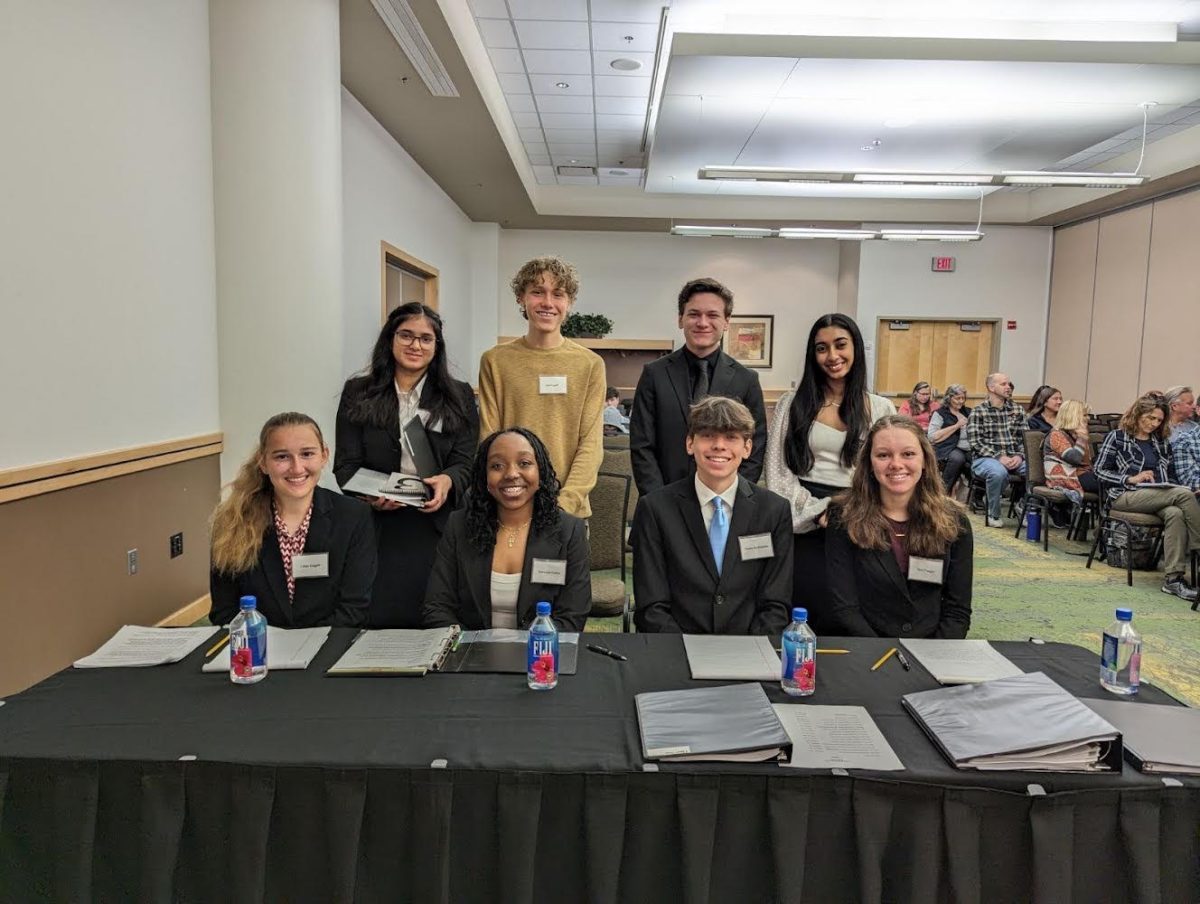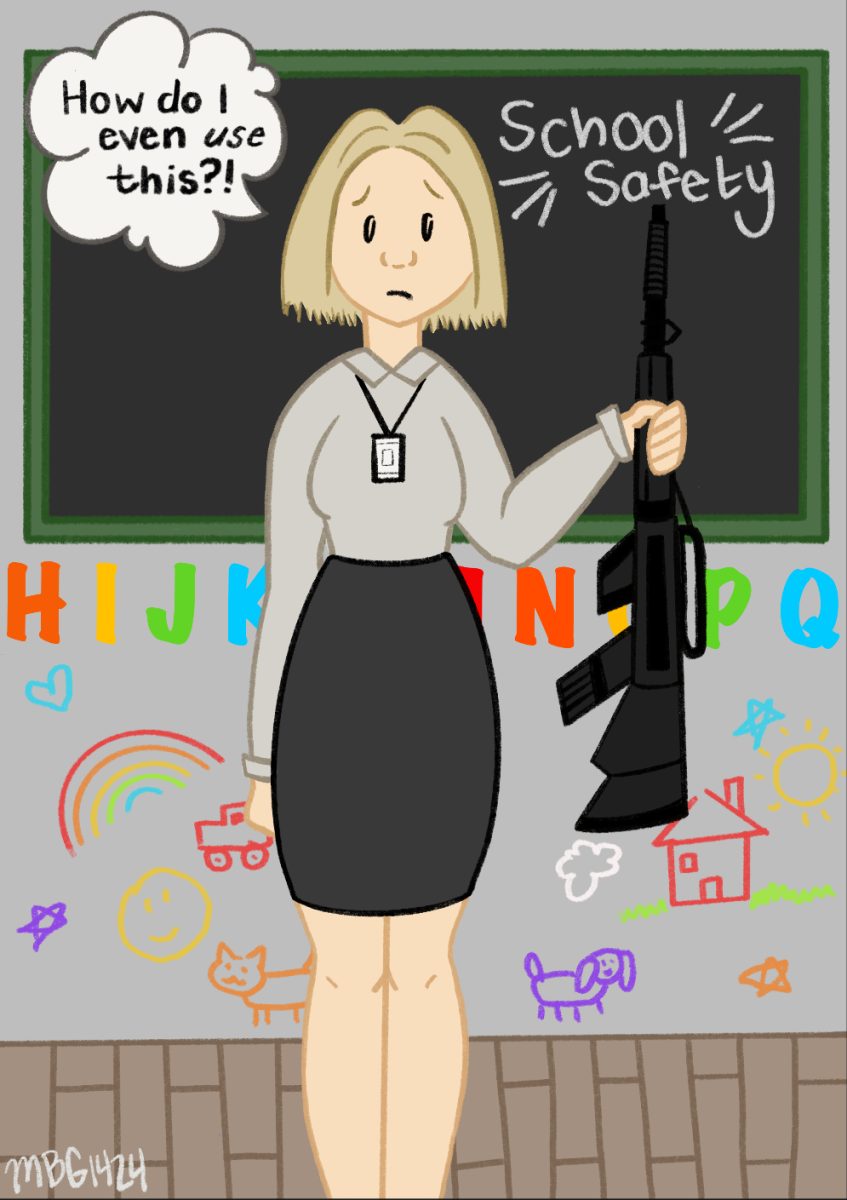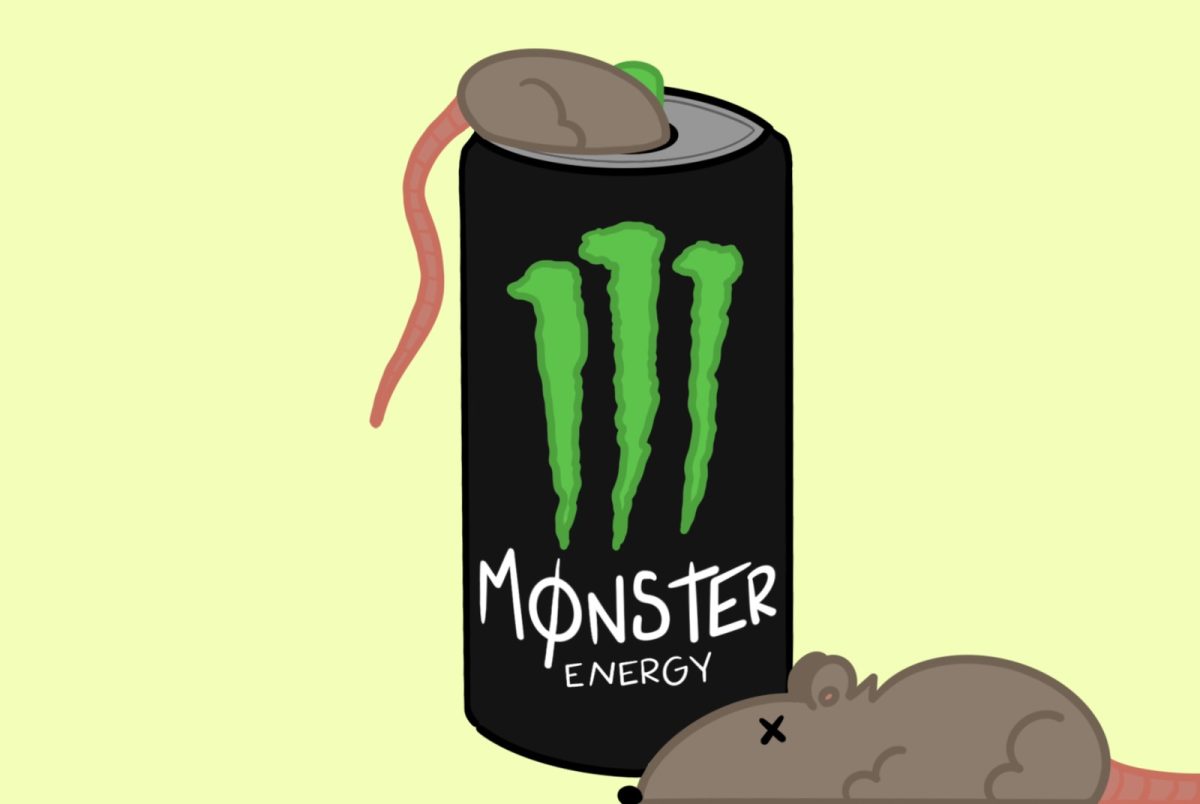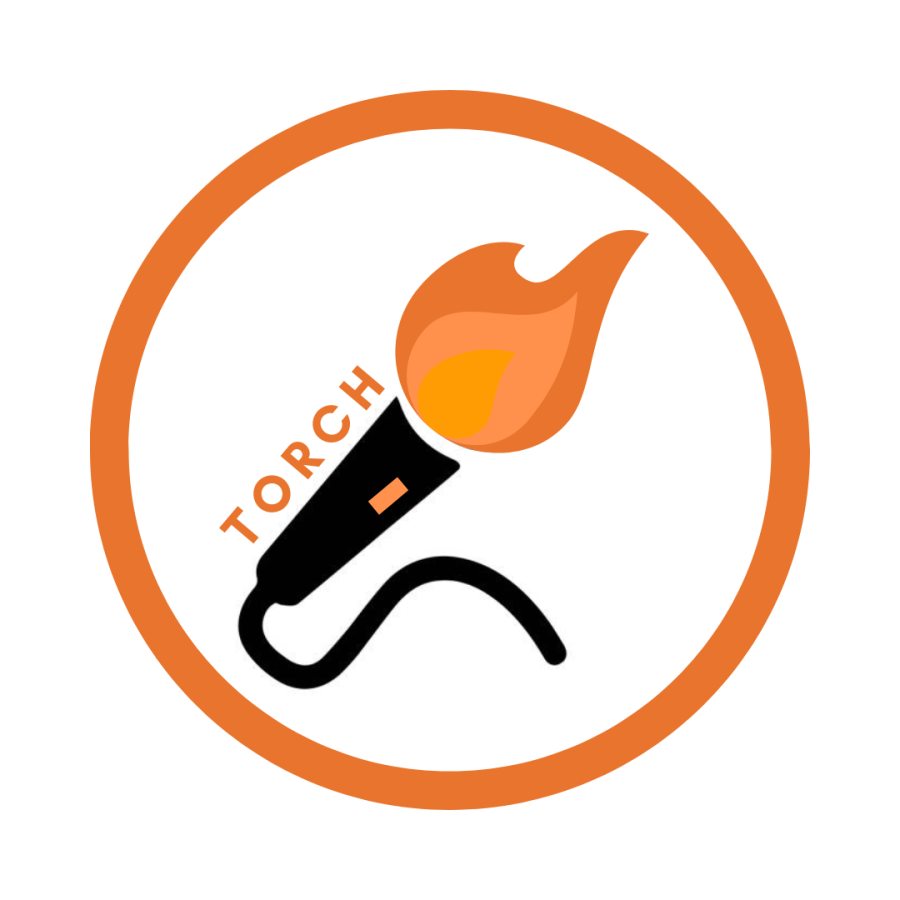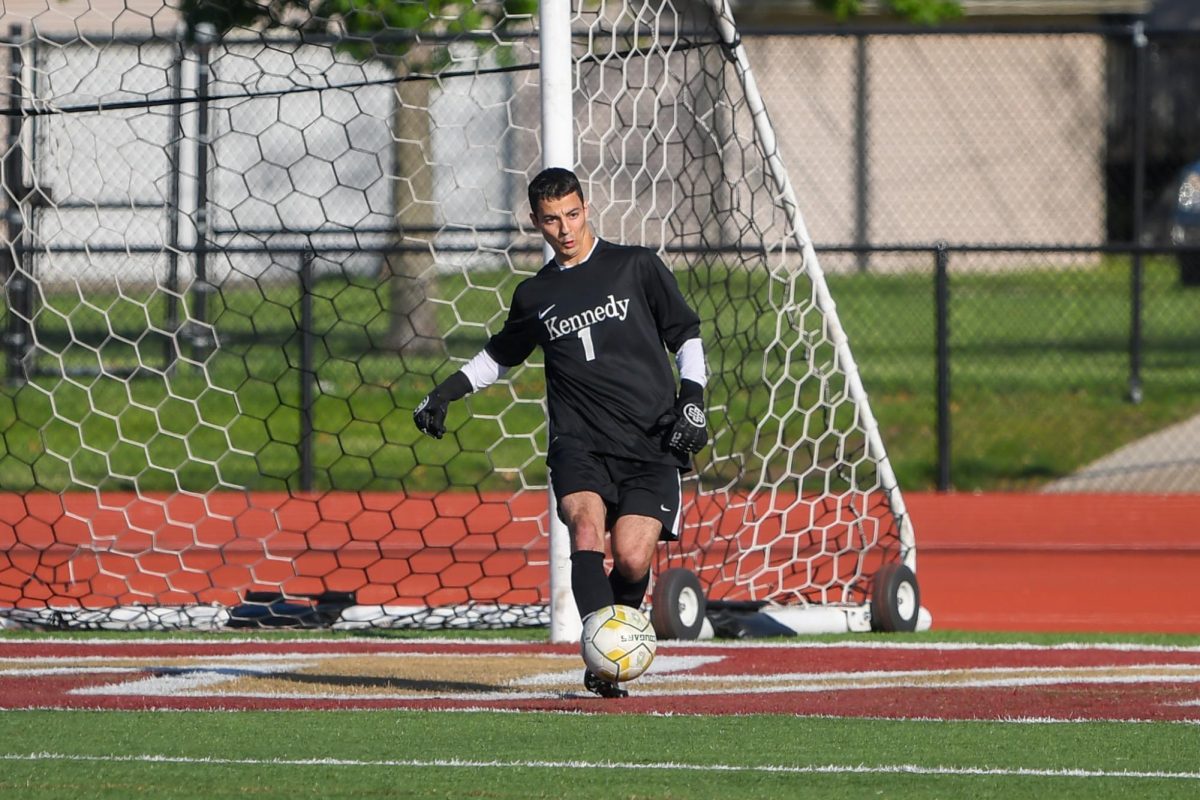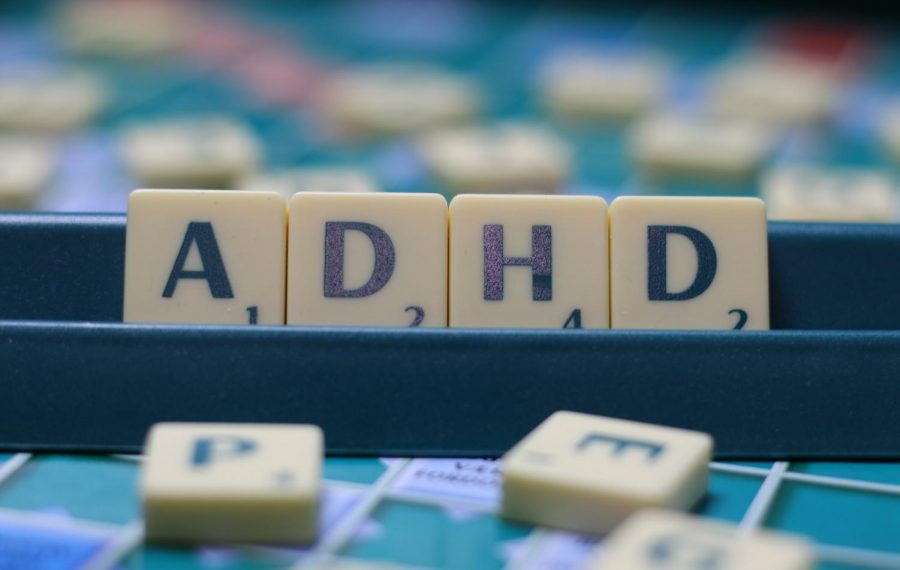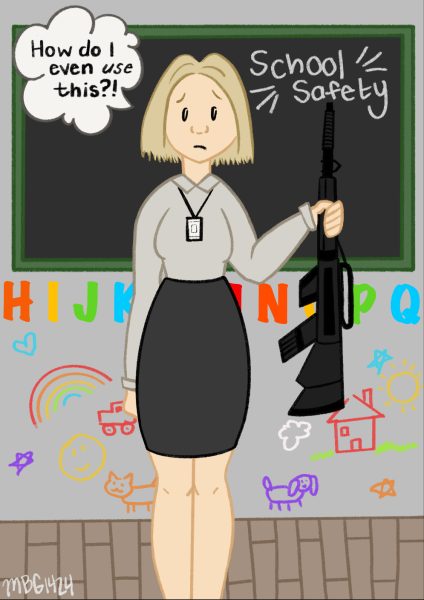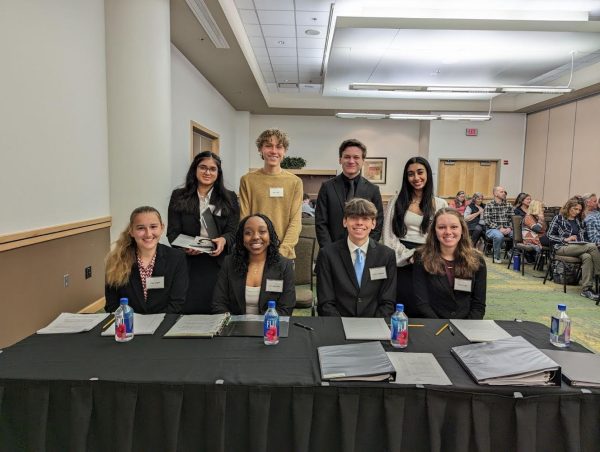ADHD – Mental Disorder of the Day
ADHD makes it more difficult to focus for long periods of time.
Attention Deficit Hyperactivity Disorder (ADHD) is a medical disorder that makes people distractible, hyper and impulsive.
Around 4.4% of adults in the United States are estimated to have ADHD according to the National Comorbidity Survey Replication. It’s a prevalent disorder, but it’s also easy to miss. When diagnosing someone with ADHD, medical professionals look for certain behaviors, thought patterns and moods. According to Mayo Clinic, these include:
- Behavioral: aggression, excitability, fidgeting, hyperactivity, impulsivity, irritability, lack of restraint or persistent repetition of words or actions
- Cognitive: absent-mindedness, difficulty focusing, forgetfulness, problem paying attention or short attention span
- Mood: anger, anxiety, boredom, excitement or mood swings
- Other: depression or learning disability
Not everyone with ADHD is diagnosed. Many go their entire lives without knowing they have ADHD because they don’t match the common symptoms. As ADHD symptoms were originally modeled off male patients, females are diagnosed less often than male.
The cause of ADHD is currently unknown, though most believe it’s caused by a combination of environmental and genetic factors.
Trying to function like everyone else when your mind works differently can be a daily struggle. People with ADHD exhibit:
- Faster reaction times
- Hyperfixation
- Rapid thoughts, commonly resulting in faster speech
- Unconsciously mirroring people
- Forgetfulness
- Only being able to focus on something they have an interest in
- Constant change of thought with little to no connection between.
There are ways to cope with these. If someone with ADHD is struggling to focus on a task they don’t enjoy, they may “gamify” it—reframe the task as a game in their head.
Another workaround employed by people with ADHD is known as the “one-touch rule.” They deal with something as soon as it becomes a problem. When they take something out of their fridge, instead of forgetting about it and leaving it out, they remind themselves “don’t put it down, put it away.”
These are helpful coping skills, but improvement can’t just happen alone. The easiest way to help someone with ADHD is to be patient with them. Yell at someone who knows they work differently than others, and they’ll only feel worse.
Here are some other ways to help people with ADHD:
- Encourage professional help
- Don’t parent them
- Emphasize strengths
- Prioritize communication and find what works best for both parties
- Address specific problems in a kind manner
- Listen to them
- Figure out what works for them
- Learn to let things go
Treatments for ADHD include therapy and medication. If you or someone you know have concerns, reach out to a medical professional.
Your donation will support the student journalists of Kennedy High School - IA. Your contribution will go towards the purchase of a new lens for our photographers.

Hi! I’m Alyx and this is my third and final year in Torch! By day I am head of the videography and sometimes dip into photography. By night I am a black...

